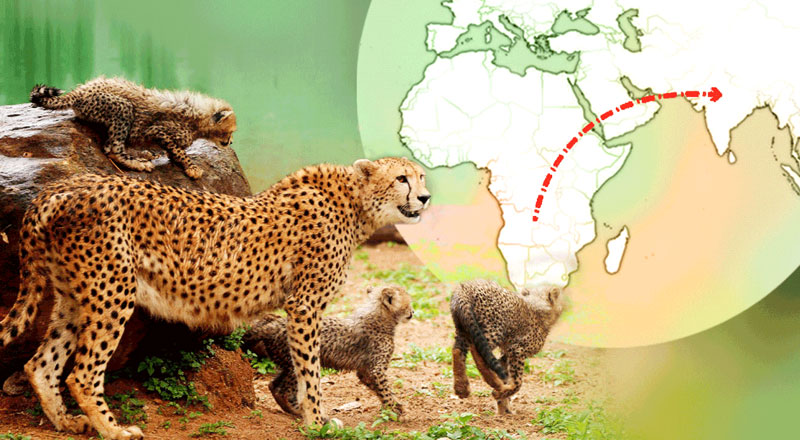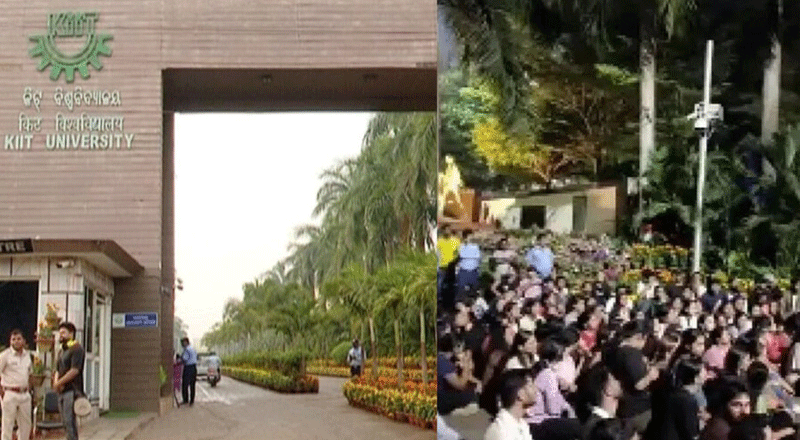- A dozen wild cheetahs from South Africa will arrive in Madhya Pradesh’s Kuno National Park
- South Africa has donated these big cats to India.
- PM Modi, on his 72nd birthday, had released eight cheetahs flown in from Namibia.
- These distinctively spotted cat species became extinct seven decades ago.
A dozen wild cheetahs from South Africa will arrive in Madhya Pradesh’s Kuno National Park (KNP). These cheetahs – seven males and five females – will embark on a journey to their new home thousands of miles away aboard an Indian Air Force (IAF) transport aircraft from the OR Tambo International Airport, Gauteng, South Africa on Friday evening, the project participant and expert told the press.
The South African cheetahs will first arrive at the Gwalior Air Force base in MP and later they will be transported some 165km away to Kuno National Park by IAF helicopters. After landing at KNP, they will be put into quarantine enclosures.
KNP Director Uttam Sharma said they have set up 10 quarantine bomas for South African cheetahs. “We have completed our preparations to receive the big cats on Saturday,” he added.
Experts said a delegation from South Africa visited KNP in early September last year to see arrangements at the wildlife sanctuary for housing the world’s fastest land animals. A Memorandum of Understanding (MoU) was signed between India and South Africa last month for the translocation of the mammals.
South Africa has donated these big cats to India. But India has to pay USD 3,000 for the capture of every cheetah to the African nation before they are translocated, said the wildlife expert.
Prime Minister Narendra Modi, on his 72nd birthday on September 17, had released eight cheetahs flown in from Namibia into KNP amid a lot of fanfare, setting the ball rolling for the revival of their population in India where these distinctively spotted cat species became extinct seven decades ago. The last cheetah died in India in Koriya district of present-day Chhattisgarh in 1947 and the species was declared extinct in 1952.





